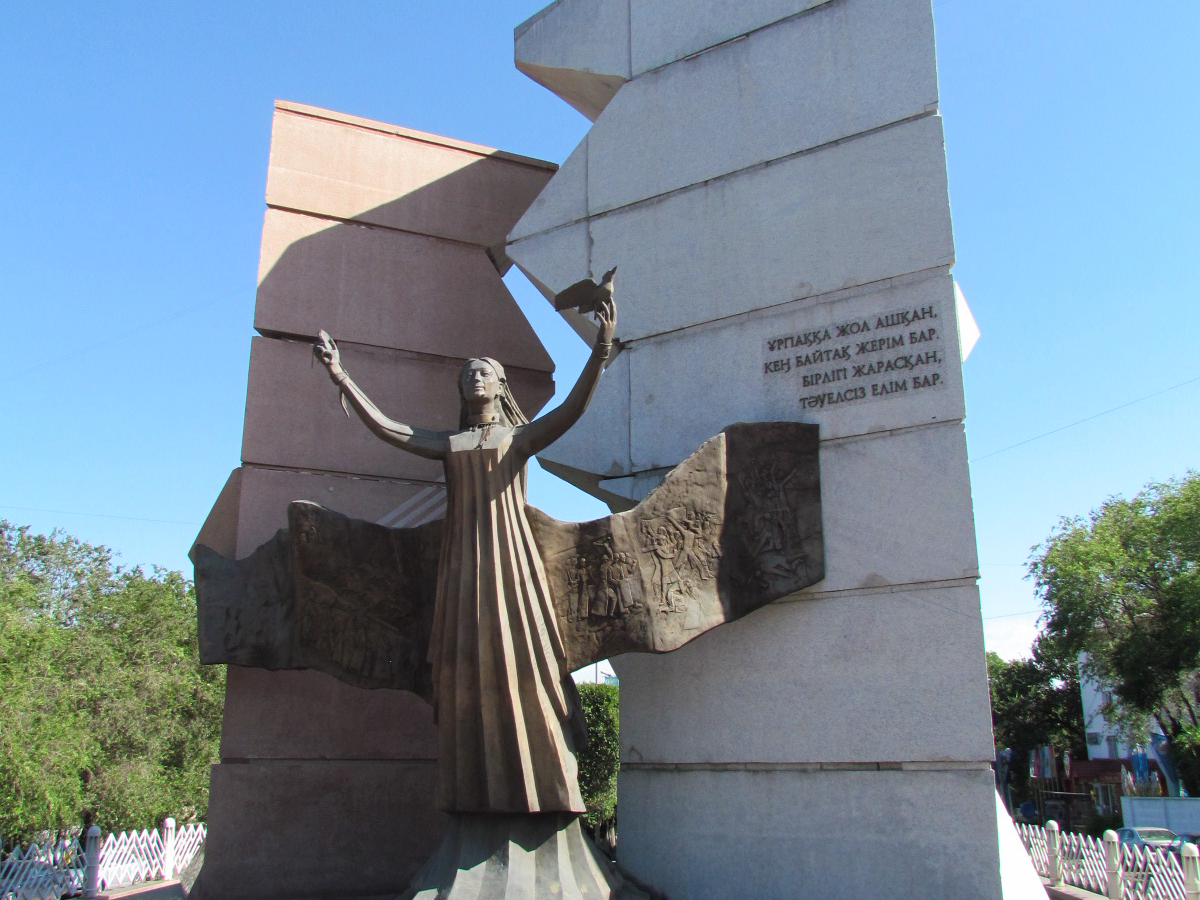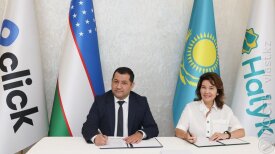While presenting a draft law on state holidays, Dauren Abayev, minister of culture and sport, told the parliament that from now on December 16 “will be a day of remembrance for the events of Zheltoksan”. The new accent on the holiday is something that citizens and activists have been advocating for years. Yet, it is difficult to consider this a step towards a conscious awareness of the most recent events in the country.
Earlier this year, President Kassym-Jomart Tokayev fielded the idea to turn Independence Day into a memorial for the victims of the events of 1986 (‘Zheltoksan’ is a shorthand for an episode of mass repression of urban protests in Almaty - ed.). Yet, neither Tokayev nor Abayev said a word about other important events that also happened on December 16.
That day, in 2011, a seven-month-long oil worker strike in the town of Zhanaozen was broken by gunfire. Officially, 15 died and hundreds were repressed.
It is difficult to imagine how one can remember on December 16 the victims of Zheltoksan and forget about the victims of Zhanaozen. And how then to ignore the 238 victims of Bloody January this year, whose deaths are still being investigated.
All these tragic pages in Kazakhstan’s history are not just peculiar for the number of innocent victims involved. Another common feature is that the real culprits of these events are unknown to society.
These events are deliberately not fully investigated and either poorly recounted in history books or completely ignored.
Formally changing the status of Independence Day could be a first step in dealing with the past, perhaps towards a full-fledged investigation of what happened in December 1986 and in 2011 and in January 2022, and then to a genuine apology. Are the authorities now in power capable of this?
In his first public speeches after Bloody January, Tokayev suggested to step into the future, "without looking back at the past" and "not denigrating it." This argument was particularly aimed at the role of his predecessor.
However, without coming to terms with what the country went through and who bore - and, crucially, who did not bear - responsibility for what happened, it will be impossible to go towards the future.
The result can be different from the expectation. As with the recent political reforms, one step forward could still disappoint if the next few steps head in the opposite direction.
Поддержите журналистику, которой доверяют.








